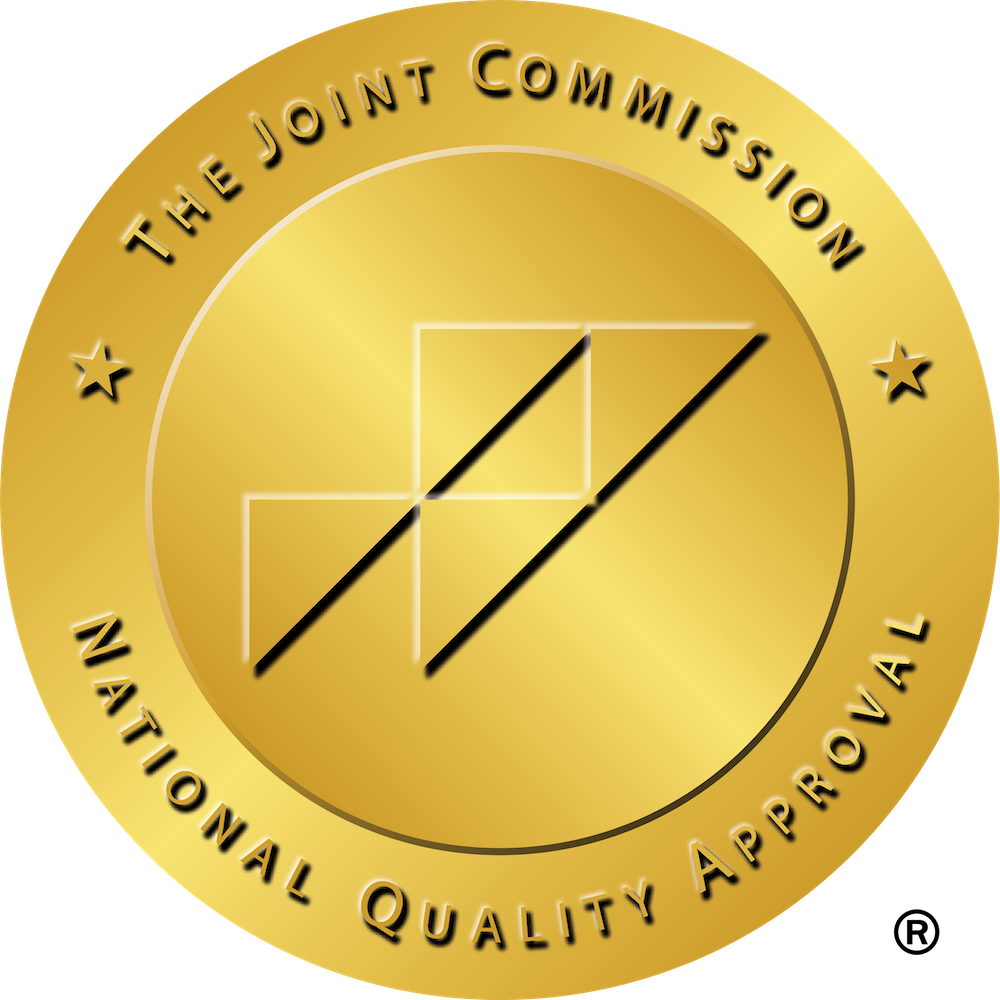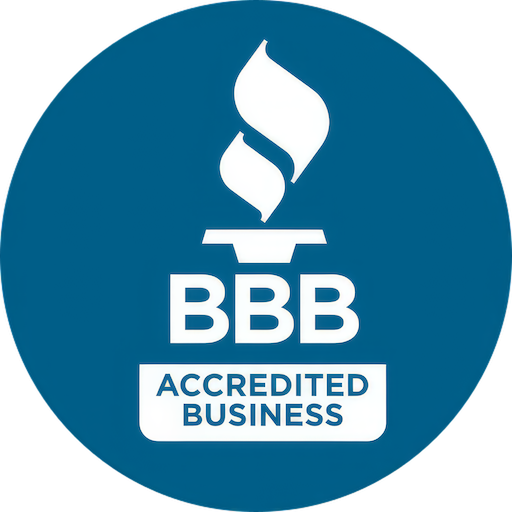We Accept Insurance
Treatment that gets to the root causes of self-harm
Mindfulness training to control self-destructive urges
Therapy that breaks the cycle of emotion-driven self-injury
What is self-harm?
Self-harm, like cutting or pulling out hair, is increasingly common among teenagers. Teens often self-harm to cope with emotional pain or to feel in control, but it only provides temporary relief and can lead to a harmful cycle.
At Avery’s House, we understand the deep emotional impact of discovering your teen is self-harming. We offer more than just symptom management; we aim to uncover and address the root causes of self-harm.




Flexible treatment options
Treating self-harm in teenagers requires a personalized approach. Our experienced clinicians begin with a detailed assessment to understand your child’s needs.
From this evaluation, we choose the most suitable treatment, whether it’s our residential program with constant supervision or a more flexible day treatment option. Your teen will get the tailored care and support they need
Residential Program
- A program offering 24/7 support and supervision in a nurturing, home-like atmosphere
Day Treatment
- Less intensive than residential treatment, our partial hospitalization program (PHP) provides more guidance and support than outpatient services
Intensive Outpatient (IOP)
- For those seeking treatment more intensive than outpatient therapy but who prefer to stay at home, IOP includes 3–4 weekly sessions
Avery’s House: Where Healing Meets Hope
Treatment for teenage cutting
At Avery’s House, we understand the complexities of adolescence, particularly for teens with mental health challenges.
We offer compassionate, specialized care for issues like self-harm in a nurturing, home-like environment. Our experienced mental health professionals provide personalized evaluations, diagnoses, and treatments.
We embrace and support teens from all backgrounds, including the LGBTQA+ community. If you’re seeking a place of hope and healing, contact us to learn how we can help at Avery’s House.
How to stop self-harm in teens
Seeing signs of self-harm in your teen? It’s time to act swiftly. At Avery’s House, we encourage parents to listen to their gut feelings and get help immediately if they notice worrying changes in their teen’s behavior.
Parents and guardians are typically the first to spot the early warning signs of self-harm.
Prompt intervention can make a world of difference, helping to tackle the issue head-on and steering your teen toward a brighter, more hopeful future.
1 in 4 teen girls and 1 in 10 teen boys self-harm
Recognizing self-harm symptoms in teens
Though self-harm isn’t a stand-alone mental health condition, it’s a serious issue that warrants attention. For some, self-injury is a one-time experience. For others, however, it turns into a difficult-to-break cycle. Here’s what to watch for:
- Wearing extra clothes: If your teen often wears heavy clothing, even in heat, they may hide scars or injuries.
- Unexplained injuries: Regular cuts, burns, or bruises your teen can’t explain are concerning.
- Visible scars: Watch for scars, particularly on arms or legs, which are common self-harm areas.
- Social withdrawal: Pulling away from family and friends can indicate deeper issues.
- Spending time alone: Notice if your teen is increasingly isolating themselves.
- Sharp objects: Be cautious if your teen keeps sharp objects without a clear reason.
Why do teens self-harm?
So, why do kids self-harm? Contrary to popular belief, teens who engage in this behavior aren’t typically seeking to end their lives. Instead, their behavior is a coping mechanism to manage overwhelming stress and emotional pain. Here are some factors that may cause a teen to self-harm:
- Mental health issues: Teens with anxiety or depression may self-harm to ease emotional pain.
- Influence from others: Seeing peers or family self-harm can make it seem like a normal coping method.
- Trauma and stress: Persistent stress or trauma can lead teens to self-harm as a way to cope.
- Relationship problems: Struggles with family or friends can drive teens to self-harm for relief.
- Eating disorders: These can co-occur with self-harm, reflecting issues with body image and control.
- Bullying or discrimination: Experiences like bullying or discrimination can lower self-esteem and push teens towards self-harm as a coping strategy.
Rehab for self-harm at Avery’s House
At Avery’s House, our dedicated mental health professionals partner with you and your teen to set treatment goals. Then, we develop a personalized plan that addresses their specific needs.
Here are some other aspects of our treatment for self-harming in teenagers:
- Coping skills training for effective symptom management
- Support groups to connect with peers facing similar challenges
- Guidance for families on supporting their teens during recovery
- Comprehensive medication management for those who need it
- Life skills training to boost independence and self-reliance
- Robust academic support to keep your teen academically on track while in treatment
Services offered at our teenage self-harm treatment center
Our teen self-harm program includes
- Child psychologists
- Case management
- Acceptance and commitment therapy (ACT)
- Weekly individual sessions
- Dialectical behavioral therapy (DBT)
- Cognitive behavioral therapy (CBT)
- Art therapy
- Pharmacotherapy
We’re in network with insurance providers
We work with most major insurance providers to help minimize the cost of treatment. Let’s see if your provider will cover your teen’s treatment.


